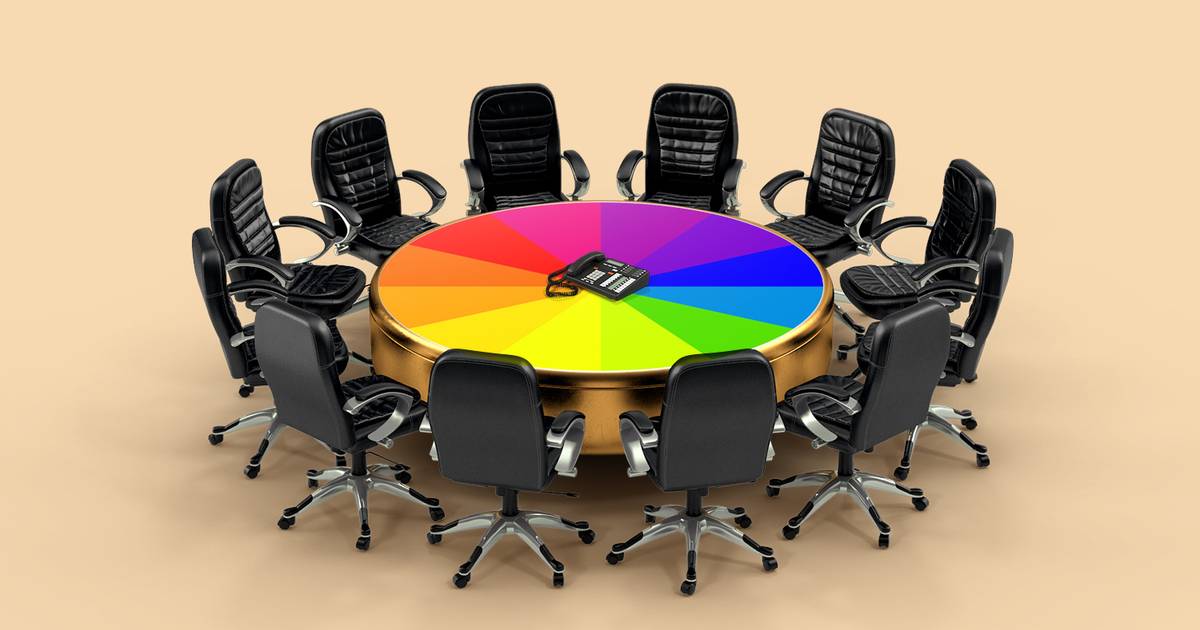As some companies roll back DE&I efforts in response to pressure from conservative activists, a vital part of DE&I programming is also changing: employee resource groups (ERGs). While DE&I skeptics may see this as a victory, one expert believes the change shows diversity and inclusion progress.
ERG language shift. Last week, Harley-Davidson became the latest company to walk back its DE&I promises after being targeted by Robby Starbuck, a conservative activist, who was also behind the DE&I changes at Tractor Supply and John Deere earlier this summer.
While ERGs have existed in corporate culture since the 1960s, they have a new tone, and some companies are starting to rebrand them as business resource groups (BRGs). Just last year, Harley-Davidson touted how its ERGs provide community and influence company programming, but the recent announcement indicates that the goal of these groups is changing.
“Moving forward, we will be providing executive management to each group to exclusively focus on professional development, networking, and mentoring,” the announcement said.
In the midst of the Harley-Davidson news, Jack Daniel’s parent company Brown-Forman said it’s changing some of its DE&I initiatives, canceling its supplier diversity goals and ending its participation in the Human Rights Campaign index for LGBTQ+-friendly workplaces. While the company isn’t changing what it calls ERGs, the language around them has shifted. Previously, the focus was broad and included expanding cultural awareness and shaping the company’s interactions with consumers. Now, ERGs appear to have a more narrow scope of professional development, education, and networking.
“We launched our diversity and inclusion strategy in 2019. Since then, the world has evolved, our business has changed, and the legal and external landscape has shifted dramatically, particularly within the United States. With these new dynamics at play, Brown-Forman adjusted its work to ensure it continues to drive our business results while appropriately recognizing the current environment in which we find ourselves,” Elizabeth Conway, a Brown-Forman spokesperson, told HR Brew via email.
Quick-to-read HR news & insights
From recruiting and retention to company culture and the latest in HR tech, HR Brew delivers up-to-date industry news and tips to help HR pros stay nimble in today’s fast-changing business environment.
Harley-Davidson isn’t alone in its ERG language shift and is using verbiage strikingly similar to John Deere, which also rebranded its ERGs as BRGs and said they “will exclusively be focused on professional development, networking, mentoring, and supporting talent recruitment efforts.”
Harley-Davidson had not responded to HR Brew’s request for comment by the time of publication.
Not necessarily a bad change. Vijay Pendakur, a talent and workplace culture consultant, told HR Brew that the changes may not be the win that conservatives think. He believes that transforming ERGs into BRGs shows progress toward DE&I maturity.
“For example, an ERG, when properly supported in position, can be advising on product strategy,” he said, and pointed to using ERGs for essential business functions like product design and recruitment efforts. “So, when I hear that organizations that are becoming skeptical of DE&I are investing in making their ERGs into BRGs, I love it.”
Pendakur said that companies that only use ERGs as a way to create belonging are missing the mark, and the changes in functionality could be a good thing. “If the pushback on DE&I as performative or optics-driven actually creates a forcing function to then go, ‘No, each part of our DE&I apparatus needs to be aligned with business ROI,’ hallelujah!”

